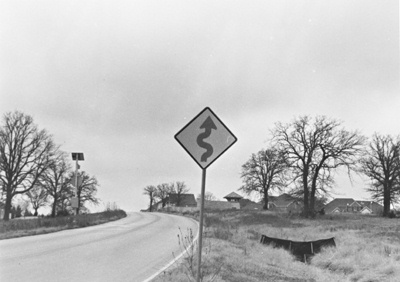All Nonfiction
- Bullying
- Books
- Academic
- Author Interviews
- Celebrity interviews
- College Articles
- College Essays
- Educator of the Year
- Heroes
- Interviews
- Memoir
- Personal Experience
- Sports
- Travel & Culture
All Opinions
- Bullying
- Current Events / Politics
- Discrimination
- Drugs / Alcohol / Smoking
- Entertainment / Celebrities
- Environment
- Love / Relationships
- Movies / Music / TV
- Pop Culture / Trends
- School / College
- Social Issues / Civics
- Spirituality / Religion
- Sports / Hobbies
All Hot Topics
- Bullying
- Community Service
- Environment
- Health
- Letters to the Editor
- Pride & Prejudice
- What Matters
- Back
Summer Guide
- Program Links
- Program Reviews
- Back
College Guide
- College Links
- College Reviews
- College Essays
- College Articles
- Back
The Cycles
The world will go on. That is a certainty. One being is not going to stop every happening, instance, and event in it’s tracks. The moon will still shine, and the wolves will still howl. This is comforting information to the dying man.
The dying man did not believe in the afterlife. He thought that perhaps the nature of himself conflicted with the idea of spirituality. If this was the end of the line, he defiantly had comfort in knowing that no one would remember him, and things will continue without a falter.
What impact had the man left on the world? He didn’t contribute anything. Then again, his productive life ended at the ripe age of eighteen. He hadn’t changed anyone else’s life, he had only ended them. Oy Vey, he had not even left a faint trace of himself for decades. Everything was burned, discarded, or shredded to bits. False memories that will never be found.
Honestly, he thought, his surroundings (where he would die) seemed like a natural end to the life he lived. It was a large field, five or six miles away from any sort of road. The grass was overgrown, and the air was slightly chilly, like the moments in the early spring when you arn’t sure if you should wear your winter coat or spring windbreaker. The dying man had a appreciation for the cold.
He was on his knees now. The muscles in his body were just too weak. It felt more comfortable to be on his legs. Pulling out his wallet that he kept on the inside of his sweatshirt, he quickly flips it open. There is a variety of items inside. Pictures, credit cards, a not very spectacular amount of money, these were just some of the things that were not his. These were another man’s memories. Currently, the dying man was living the life of a salesman in Kansas. The actual salesman was rotting somewhere in the woods.
The dying man had lived in this cycle since that unfortunate event when he was eighteen. He would kidnap a person, get what he needed, and place the body in a desolate area. He would than use their cards to pay for a hotel stay, a new pair of slacks, new anything. In this new age of advanced technology, however, he had to be careful. After the person was reported missing by their families (whom he somewhat felt pity for) any purchases made on the credit cards was tracked. This has made the dying man’s job quite harder. He has to use and dispose of cards very quickly, which made the cycle system speed up. It was really a minor inconvenience; there was just more blood for him to deal with.
Suddenly, the dying man felt strangely inspired to not rip up the contents of the wallet with his remaining strength. Instead he examined the photos inside. The Kansas salesman had certainly lived a life. The dying man had once lived a life, too, but those memories (the only memories that were his) had faded from memory. Only the outlines remain.
His knees gave out. Falling to the ground, the dying man slowly breathed in and out. For minutes he lay like that. In this silence, the dying man thought of how his life may have been immoral. However, what he did was essential for his survival. This was the point he tried to get behind.
This was the point that he had used to comfort himself for decades. At this venerable moment of death, however, the immorality seemed to be something that the dying man felt. And at his least moment, before his time on earth came to a halt, he thought of the memories that he had stolen, the lives he had ended. He thought of that damn Kansas salesman, and the man's daughter who now is without a parent.
The following morning, the sun rose. The birds sang. Thousands of mothers got up and cracked eggs on the frying pan. No one thought of the dying man.
Life went on.

Similar Articles
JOIN THE DISCUSSION
This article has 0 comments.
